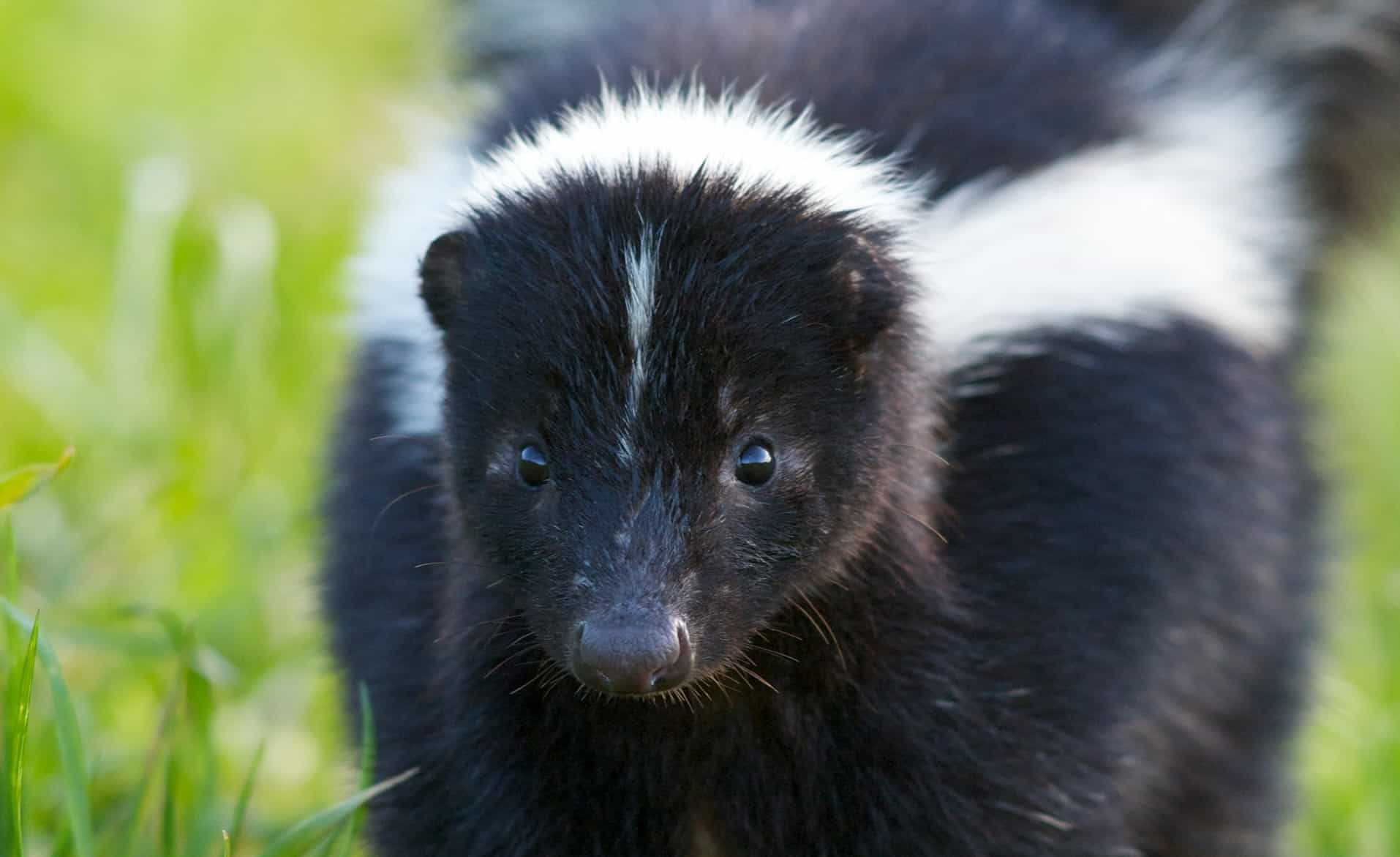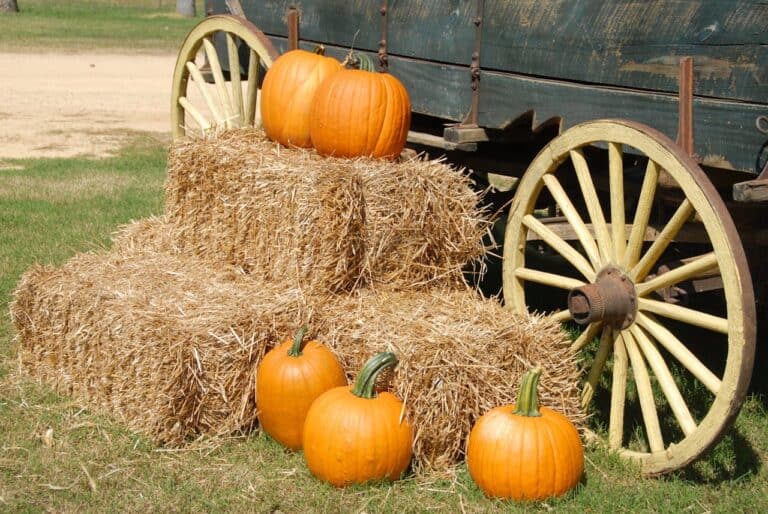As we transition from February to March, we enter what is commonly known as “skunk season.” During this time, skunks tend to be more active, and it’s important for us to understand their behavior to ensure a harmonious coexistence within our community.
Skunks are nocturnal animals, meaning they are most active during the night. Despite their reputation, skunks are generally non-aggressive animals and prefer to avoid confrontation whenever possible. However, their poor vision makes them easily startled, which can sometimes lead to defensive behaviors if they feel threatened.
Their diet includes rodents, insects, fruit, and even snakes (interestingly, skunks are immune to snake venom, which makes them valuable allies in controlling snake populations). Some of their favorite foods include termites, wasps, hornets, and maggots.
One of the most well-known features of skunks is their ability to spray a strong-smelling liquid as a defense mechanism. However, contrary to popular belief, skunks prefer not to use this defense unless absolutely necessary. Spraying depletes their defenses and leaves them vulnerable for up to ten days, during which they are more susceptible to predators. Therefore, it’s best to give skunks some space and avoid startling them whenever possible.
As members of our community, we can all contribute to creating a safe and respectful environment for both humans and wildlife. Here are a few tips to keep in mind during skunk season:
- Keep a Safe Distance: If you encounter a skunk, maintain a safe distance and avoid sudden movements or loud noises that might startle them.
- Secure Trash and Food Sources: Skunks are attracted to easily accessible food sources, so make sure to secure trash cans and avoid leaving pet food outside overnight.
- Be Mindful of Pets: Keep pets indoors during the night to reduce the likelihood of encounters with skunks or other nocturnal wildlife.






